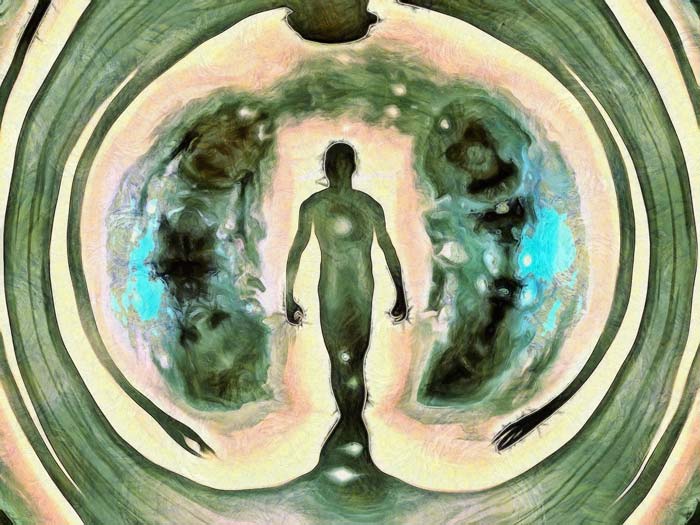There are a number of challenges that someone in treatment for substance abuse will encounter.

One of the challenges you may not be expecting is having dreams about drinking or using drugs. As you’ll see, these aren’t uncommon, they aren’t a sign that something is wrong, and there are things you can do to cope with them.
What Are Drinking and Drug Use Dreams?
People in recovery can experience dreams where they are having a drink or using their drug of choice. These dreams are often accompanied by feelings of disbelief that they had this slip, fear of being found out, guilt that the event occurred, and feelings of remorse. For some people, the dreams are intense enough that when they wake up, they need to take a few moments to realize the experience was not something that actually occurred.
Dreams Are Part of Recovery Process
Accounts of these types of dreams are not uncommon. Many people in the recovery community are familiar with them. Until recently, researchers didn’t know very much about drinking and drug use dreams from a scientific point of view.
The Massachusetts General Hospital (MGH) Recovery Research Institute published the results of a study in the January 2019 issue of the Journal of Substance Abuse Treatment. Researchers surveyed a group of more than 2,000 people who were in recovery from a significant alcohol or drug use problem. About one-third of the participants said they had experienced relapse dreams during recovery. The researchers found that the frequency of the dreams lessened the longer the person was in recovery.
The researchers found that these dreams didn’t indicate that the person experiencing them was at a higher risk for a relapse. They concluded that since the number of dreams decreases as the mind and body have time to adapt to abstinence and a new lifestyle, feelings of anxiety about a relapse should diminish.
How to Deal with Drinking and Drug Use Dreams
If you are in recovery and experiencing dreams where you are drinking or using drugs, what can you do? Here are some strategies that can help you.
Tell Someone
Don’t suffer in silence. If you’re experiencing drinking and drug use dreams, talk to your doctor, your counselor, or your sponsor. Be sure to share any feelings that the dreams elicit for you.
Remind Yourself that Your Dream Life Isn’t Your Reality
Many of us see and experience things in dreams that we would never do in our waking hours. We aren’t able to control the content of our dreams, either; otherwise, we would never experience nightmares. Let yourself off the hook for what your subconscious is doing while you’re asleep. What you do during your waking hours is much more important.
Maintain a Healthy Lifestyle
If your dreams are causing you distress, it can be easy to get off track with your goals for a healthy lifestyle in recovery. Sleep difficulties can make you want to increase your caffeine intake to stay awake. This can backfire by making you feel jittery during the day and making it difficult to get to sleep at night.
Lack of sleep can make sugary foods and snacks seem more attractive, as you are looking for something to give you a boost through the day. While you will get a burst of energy from the sugar, it’s a short-lived one. Eating a variety of foods that will give you long-lasting energy is a much better option.
It’s important to keep up with your regular exercise schedule, too. Getting physical, whether it’s going for a walk or participating in a team sport, is a great way to help you feel better physically and get your mind off any stresses that you may have, including things that show up in your dreams.
Recovery Takes Time
Recovery is a process, not a destination. Too often we want things to happen right away. An addiction doesn’t develop overnight, and the body needs to heal in its own time. For some people, that process may include drinking and drug dreams. The good news is that they become less frequent over time.
If you are looking for help for yourself or a loved one to start on the road to healing from addiction, reach out to Great Oaks Recovery. Our residential program uses a multi-disciplinary approach to help clients with drug and alcohol addiction.


